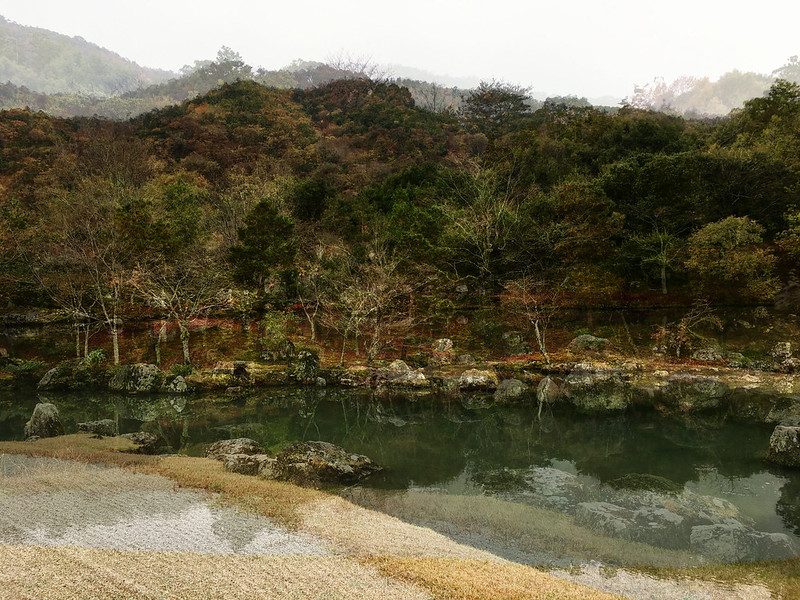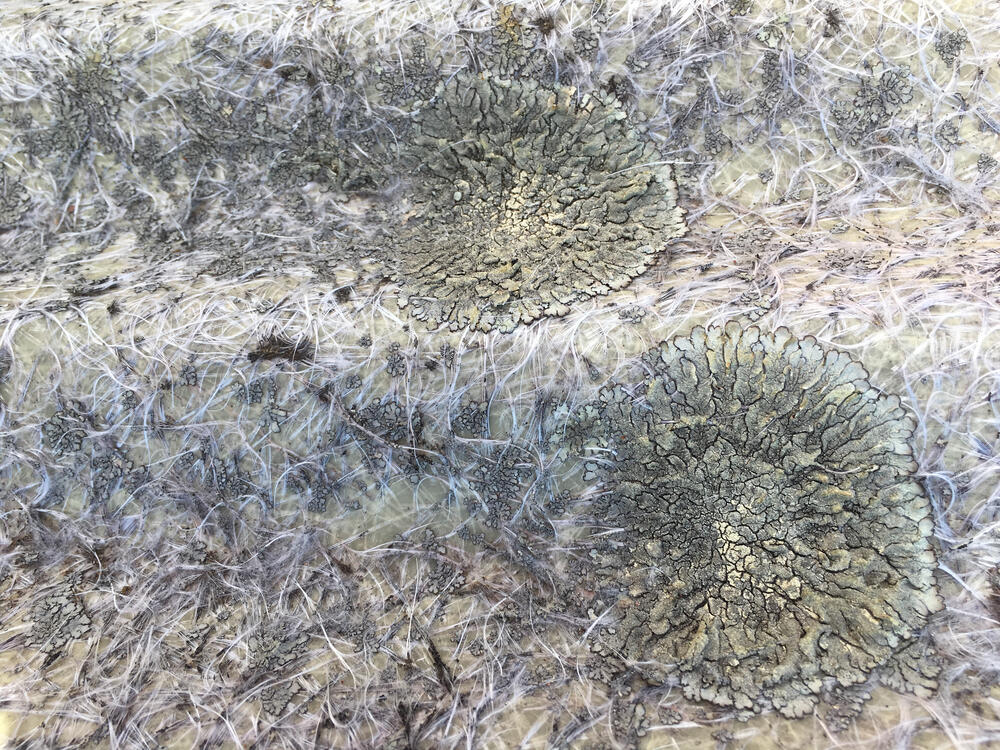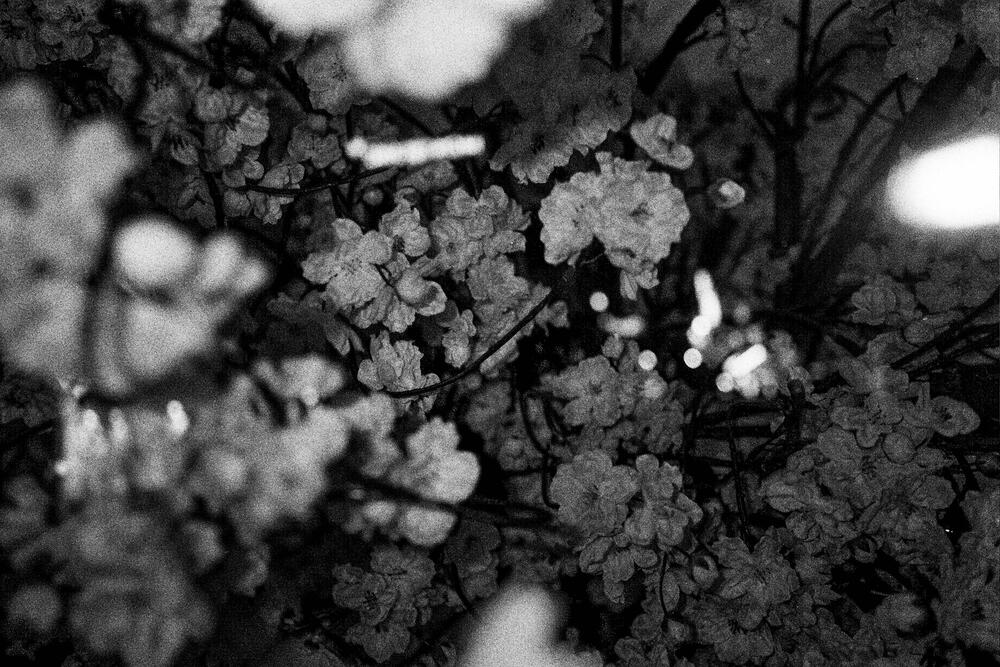Braiding Sweetgrass
Excerpts from "Braiding Sweetgrass: Indigenous Wisdom, Scientific Knowledge and the Teachings of Plants." by Robin Wall Kimmerer
While lichens can sustain humans, people have not returned the favor of caring for lichens. Umbilicaria, like many lichens, is highly sensitive to air pollution. When you find Umbilicaria, you know you’re breathing the purest air. Atmospheric contaminants like sulfur dioxide and ozone will kill it outright. Pay attention when it departs.
[…]
Indeed, whole species and entire ecosystems are vanishing before our eyes in the vanguard of accelerating climate chaos. At the same time, other habitats are on the rise. Melting glaciers are exposing land where it has not been seen for millennia. At the edge of the ice, newly scraped land is emerging, a jumble of rocky till, harsh and cold. Umbilicaria is known to be among the first to colonize postglacial forelands today, just as it did when the earth was raw and bare, ten thousand years ago—another era of great climate change. Our indigenous herbalists say to pay attention when plants come to you; they’re bringing you something you need to learn.
[…]
For millennia, these lichens have held the responsibility of building up life and in an eyeblink of earth’s history we have set about undermining their work to usher in a time of great environmental stress, a barrenness of our own making. I suspect that lichens will endure. We could, too, if we listen to their teachings. If not, I imagine Umbilicaria will cover the rocky ruins of our time long after our delusions of separateness have relegated us to the fossil record, a ruffled green skin adorning the crumbling halls of power.
First there was nothing. Then there was everything. Then, in a park above a western city after dusk, the air is raining messages. A woman sits on the ground, leaning against a pine. Its bark presses hard against her back, as hard as life. Its needles scent the air and a force hums in the heart of the wood. Her ears tune down to the lowest frequencies. The tree is saying things, in words before words. It says: Sun and water are questions endlessly worth answering. It says: A good answer must be reinvented many times, from scratch. Richard Powers, The Overstory
Is there a fundamental principle of the natural world that we can perceive directly through our senses, that does not require an education in biology or environmental studies or ecology? Do we see connections? Do we experience interdependancy? Do we recognise diversity? Do we dwell in interbeing? Do we feel our embeddedness in the weave of life? Do we know our very own capacity for renewal? Do we hear the surround symphony we are immersed in? Call out to the plants if you want to learn the secret of renewal. You must follow the green ones, and find out how they live; for they are the clever alchemists who keep the world going. You must visit an ancient rainforest, like the one where I live — Old Mother Forest I call her — and sit under the trees. If you want to know what’s eternal, and beyond forever, ask them. Suprabha Seshan, Old Mother Forest
Embodied animism is like a dance of deep communion. The steps of the dance are ancient, and when we make those old familiar moves we are once again in tune with the other-than-human world. There is a point where self and other bow and acknowledge one another before the dance begins (…) But in just a few fluid steps the self/other dance becomes a process in itself. If I learn the steps well, then suddenly — phenomenologically and spiritually — “I” am no longer the dancer but the dance, at which point “I” am not. This plunge into the deep body awakens us from the dualistic dream that we are separate from the other-than-human world. We experience this psychological shift phenomenologically as a sense of spiritual connection (…) Inasmuch as the immanent sacred is that which enables communion with the world and offers spiritual knowing, its source is the deep body which blurs into our organic environment. Adrian Harris, Embodied Eco-Paganism

How lovely the green mountains look to me! Do I look the same in the eyes of the trees and flowers? Xin Qiji
Dust and Shadow Reader Vol. 2. Previous: paraphotomancy. Next: religious experience

